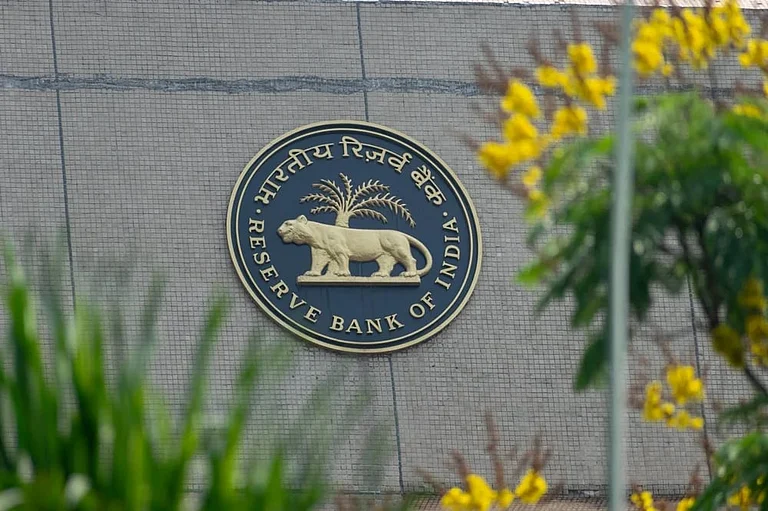Interest rates, set by a country's central bank, play a major role in shaping the economy and influencing the stock market. In India, the Reserve Bank of India (RBI) sets key interest rates, such as the repo rate, which directly affect borrowing costs for banks. These changes in interest rates impact the economy and impact businesses, consumers, and the overall performance of the stock market.
Understanding how interest rates affect the stock market is important, usually for new investors. As an investor, it is important to consider how rate changes could affect the companies you are invested in, their profitability, and the overall mood of the market. Knowing these things can help investors in making sound investment decisions.
What Are Interest Rates?
Interest rates decide the cost of borrowing money. When the RBI changes interest rates, it affects how much banks pay to borrow money and, in turn, what consumers and businesses pay when they borrow.
Key rates set by the RBI include the repo rate, which is the rate at which banks borrow from the RBI, the reverse repo rate, which is the rate at which the RBI borrows from banks, and the cash reserve ratio (CRR), the percentage of deposits banks must hold with the RBI.
These rates influence various aspects of the economy, including inflation, economic growth, and stock market.
How Interest Rates Affect Stock Market
Changes in interest rates can lead to volatility in the stock market. These changes usually take time to show their impact on the broader economy. However, the stock market often factors in these changes immediately.
Let’s break down how these interest rate changes can influence the stock market:
A Direct Impact On Company’s Earnings
When the RBI raises interest rates, borrowing money becomes more expensive for companies. This can affect their ability to expand or invest in new projects, which may lead to lower profits. This, in turn, could potentially impact the company’s share prices negatively.
Investors’ Preferences Shift
When interest rates increase, investors tend to swing towards safer investments like bonds or fixed deposits because they offer relatively stable returns. In contrast, stocks are riskier and can be more volatile. When interest rates are high, investors are more likely to shift their investments into assets that provide low but guaranteed returns. This could lead to lower demand for stocks.
Demand For Stocks Increase Or Decrease
Higher interest rates can suck the liquidity of the economy. When borrowing becomes more expensive, both businesses and consumers tend to spend and invest less. As a result, there is less money flowing into the stock market, which can lead to lower stock prices.













